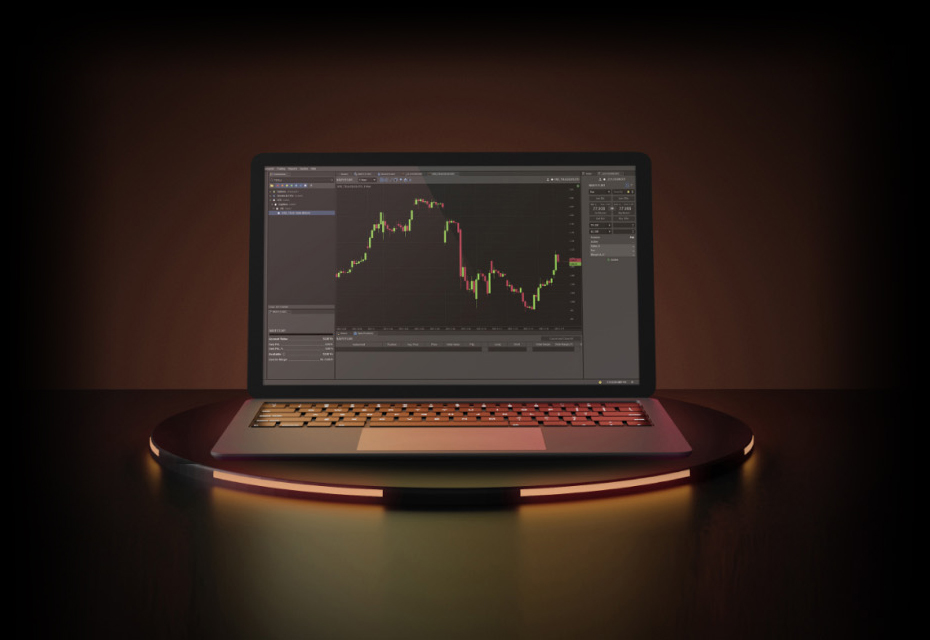What is Forex trading?
Forex stands for foreign exchange and it is the name given to the currency market/foreign exchange market on which FX traders buy and sell currencies. A currency rises or falls in value relative to another currency when Forex trades happen, so the price is shown as a currency quote. You will have seen these same quotes at the foreign exchange office if traveling overseas.
The change in the quote happens when currency conversion takes place. Foreign currencies are converted millions of times every day creating the volatility that provides the opportunity to profit in Forex.
One of the most challenging aspects of learning how to invest in Forex is knowing when to buy and sell currencies. There are multiple factors that affect currency prices that Forex traders looking to make more informed decisions can watch out for. For example, the exchange rate between the United States and other major economies is known as major currencies or major Forex pairs. They are affected by the economic calendar in their region.
What is a pip in Forex Trading?
Pip is short for ‘price interest point’. It is the smallest reference point for the change in the price of an exchange rate. Because exchange rates are typically quoted in fractions of a currency, a pip is used to understand those fractional movements more precisely.
For major currencies, the pip is typically the fourth decimal point.
For example EUR/USD = 1.3001 (The pip is the ‘1’)
But in some cases, typically involving a weaker currency - the pip is valued differently - such as with the Japanese yen, where the pip is the second decimal point).
USD/JPY = 104.32 (The pip is the ‘2’)"
What is the spread in forex trading?
The spread is the difference between the buy price and sell price on the currency pair and is measured in pips. With more competition among brokers and as technology improves, forex spreads are generally trending lower. Let’s take a hypothetical example:
GBP/USD = bid 1.4035 / ask 1.4037
The buy price is almost identical to the sell price but there is a small difference of 2 pips (7 - 5 = 2)
The best forex trading platforms will display the amount of the spread before you place the trade, and automatically calculate the exact cost in the currency of the trading account.
What are the advantages of Forex Trading?
Go long or short. When you trade Forex you can make a profit whether markets are going up or down.
Trade 24 hours a day. Forex market hours are open 24 hours a day which gives you the flexibility to trade around the clock.
High liquidity. Forex markets are the most liquid markets in the world. This means that that is a large number of buyers and sellers that are looking to place a trade at any given time. This high liquidity means that Forex transactions can be completed swiftly and easily.
High Volatility. Volatility in Forex Markets: Since there is a high volume of currency trades each day the price movements of some currencies can be very volatile. While this volatility can be advantageous since you can trade price movements in any direction it's also important to employ risk management tools to protect yourself against losses.
Trade on leverage. FlowBank gives you the opportunity to trade Forex with CFDs. When trading CFDs, investors are able to profit from both rising and falling markets. This is due to the ability to both buy (go long) and sell (go short) when trading contracts for difference, providing traders with additional ways to earn a profit when compared with traditional methods of investment.
Extensive choice of currency pairs. A wide range of currency pairs: Forex trading gives you the opportunity to trade global currencies and react to current market events.
What are the disadvantages of Forex trading?
Although Forex CFD trading has numerous benefits, it also carries risks. Due to the nature of derivative instruments and the fact they are traded with higher levels of financial leverage, inexperienced investors could quickly lose all their invested capital.
How to get started in Forex trading?
To find the best opportunities in Forex - smart traders learn how to trade the Forex market, including how to read charts, manage risk and stay disciplined.
Forex trading for beginners should begin with some form of Forex training to learn the best practices of successful traders. Flowbank offers training in Forex through numerous blogs and videos on FlowBank.com. For example, you can read our blog: Forex Trading - Learn what is the Forex Market & how to trade it
There are also many free online Forex courses and some top trading books written by smart traders and well-known trading mentors, as well as many free Forex ebooks.
From a very birds-eye perspective there are 7 majors steps in learning how to make money in Forex trading:
- Learn how the Forex market works (you just got started with this article)
- Open a trading account (you can click here to open a FlowBank trading account)
- Get familiar with the trading platform
- Learn technical analysis to be able to read the market price action
- Learn the principles of risk management.
- Develop a trading strategy and backtest the results
- Start trading in a live Forex account
Are Forex markets regulated?
There is no central governing body for Forex regulations. For this reason, it is important to ensure that you are trading with a licensed bank that also offers deposit protection. FlowBank is a regulated Swiss bank by the FINMA and client accounts are insured for up to 100,000 CHF by esisuisse.












